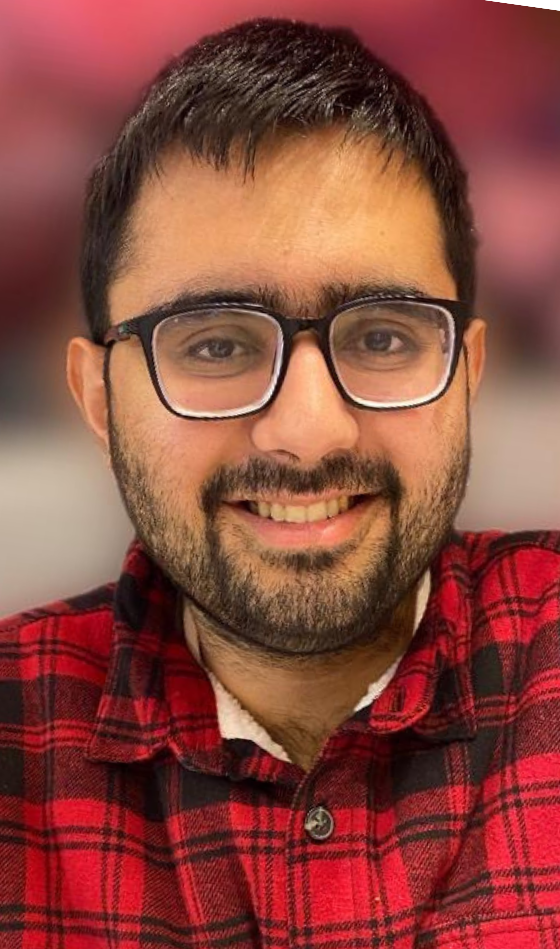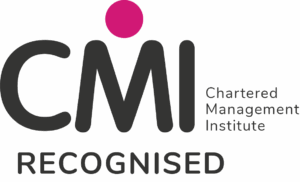The importance of knowledge in Islam
Knowledge holds a divine place in Islam, a fact established through the Qur’an. Allah subhanah wa ta’ala (swt) created mankind for a purpose, transforming us from nothing into beings with the potential for greatness. The first ayah revealed to Prophet Muhammad (SAW) in Surah Al-Alaq commands Iqra, “Read,” emphasising the sacred duty of seeking beneficial knowledge. This directive marked the beginning of a profound journey in human pursuit of understanding and wisdom.
The role of knowledge in Islamic tradition
Islam has always provided great impetus for the pursuit of knowledge. The qalam (pen) used to record information did so under Allah’s (swt) decree, symbolising the eternal value of learning. Knowledge in Islam is seen as both fard ain’ (an individual responsibility) and fard kifayah (a communal obligation). The Qur’an, a book of profound knowledge, serves as a guide for Muslims, illustrating the way of life that aligns with divine wisdom.

The elevated status of scholars in Islam
Teaching, guiding, and studying are deeply embedded in Islamic tradition. Those who delve deeply into knowledge are honoured as scholars. Teaching is not only a privileged position, but also an act of continuous charity, known as sadaqah jariyah. Prophet Muhammad (SAW) said, “Guiding someone to goodness earns the same reward as the one who does it.” Allah promises to elevate the status of those who possess knowledge: “God will raise up, many degrees … those who have been given knowledge” (Quran, 58:11).
Knowledge empowers individuals, removes jahiliya (ignorance), and equips one to navigate dunya (the challenges of this life). Its importance is highlighted by the hadith: “Whoever takes a path in search of knowledge, Allah will cause him to walk in one of the paths of Paradise” (Ṣaḥīḥ Muslim 2699).
Contributions of Muslims to knowledge and innovation
Muslims have historically excelled in both deen (religious) and dunya (worldly) knowledge. From becoming scholars, coaches, and clerics, to pioneering advancements in science and technology, Muslims have significantly contributed to global knowledge. Innovations such as hospitals, surgical techniques, medicine, algebra, coffee, and the world’s first university all have roots in Islamic civilisation. Learning is not a solo journey; it requires collective efforts to acquire and share knowledge. Mentioned in Surat Alqalm ٱقۡرَأۡ وَرَبُّكَ ٱلۡأَكۡرَمُ Recite, and your Lord is the most Generous ٱلَّذِي عَلَّمَ بِٱلۡقَلَمِ Who taught by the pen عَلَّمَ ٱلۡإِنسَٰنَ مَا لَمۡ يَعۡلَمۡ Taught man that which he knew not.
Humanitarian Academy for development (HAD)’s mission: Giving power to aid workers through knowledge
Given the immense significance of knowledge, HAD aims to transform the understanding and skills of aid workers. By equipping them with the necessary tools and knowledge, HAD helps humanitarians overcome the challenges they face both in the field and behind the scenes in conflicts and emergencies. Our programmes enable humanitarians to make informed decisions, grasp complex concepts, and solve problems effectively during field visits and other project work.
Ultimately, our mission supports the broader ummah by strengthening faith, fostering personal growth, and contributing to societies worldwide. Through various courses, HAD upskills humanitarians, empowering and uplifting communities from difficulties.
Support HAD’s mission: A sadaqah jariyah that keeps on giving
This Dhul-Hijjah, use the 10 best days of the year to do a good deed by giving sadaqah jariyah. Your donation to HAD will help sustain and expand our support for aid workers and those in need. At HAD, we work tirelessly behind the scenes to ensure that our far-reaching efforts continue to make a significant impact. By donating, you support the continuous education and empowerment of those who are the backbone of disaster and emergency responses, ensuring their success in this noble mission. Donate Here – www.had-int.org/donate-now
Written by Sulaiman Ali – HAD Volunteer








